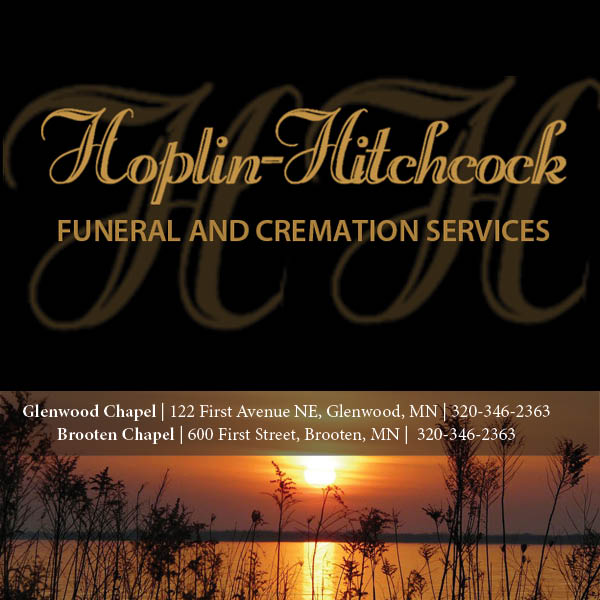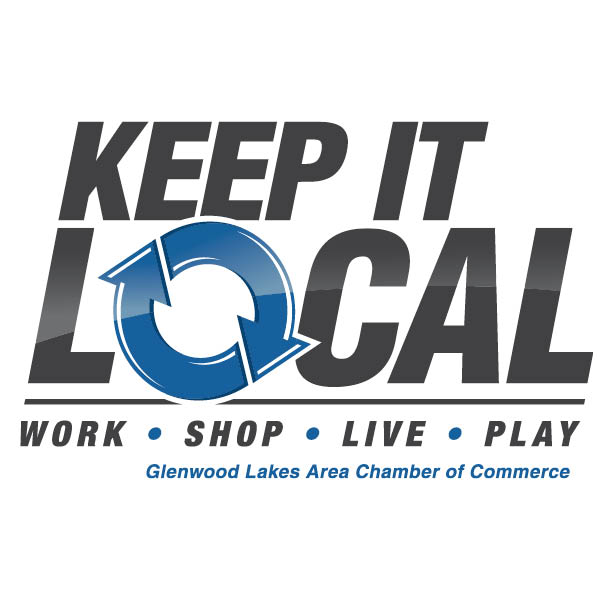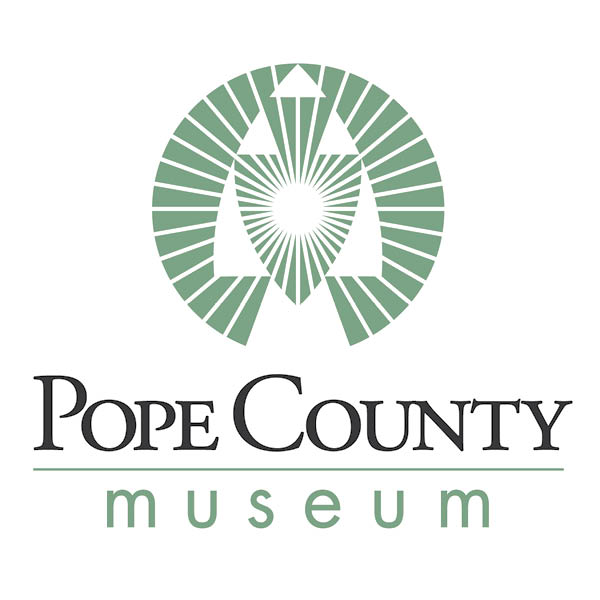Foraging in Minnesota
Published on April 3, 2023 at 1:27pm CDT
Growing Green
By Robin Trott, Extension Educator
Hunting for wild edibles in woodland or home landscapes has become more popular in recent years. There are many native plants that are considered edible. Foragers need to be aware of the possible food safety issues in selecting the right plants and preparing them correctly. There may also be foraging harvest restrictions or permits needed on public, state, or federal lands. Obviously, foragers must ask permission to hunt on private lands.
Mushrooms are the biggest concern in properly identifying edible and poisonous fungi. The MN Mycological Society is a great resource for mushroom hunters. Dandelions, fiddleheads, leeks/ramps, stinging nettles, plantain, burdock are among many home and woodland plants that are edible in the spring. When harvesting edibles, use sustainable practices like harvesting only 10%.
The Minnesota Harvester Handbook is an excellent wild gatherers resource which addresses sustainable natural resource harvest practices and uses. The University of Minnesota Extension and other contributors developed this resource. The Minnesota Harvester Handbook highlights sustainable harvest and gathering for more than 20, non-timber forest products. This publication reviews many popular forest products like maple syrup, fiddlehead fern, birch bark, juneberry, thimbleberry, wild rice, basswood, chaga, firewood, balsam boughs, princess pine, red osier dogwood, tree cones/seeds, mushrooms including Morel, Oyster, King Bolete, Sweet tooth, Lobster, Chicken-of-the-woods, Hen-of-the-woods and Chanterelle.
If you are foraging, you need to be aware of how you can spread invasive species unknowingly throughout the woodlands. There are also endangered plant species that should not be disturbed.
Forage educational workshops are being scheduled throughout Minnesota in the spring and fall this year. The registration fee at the door will be $20 and participants will receive a MN Harvester Handbook. There may also be an outdoor hike at the end of the indoor discussion period depending on the location. Come prepared for a hike on the trail weather permitting. Foraging topics from the MN Harvester Handbook and the topics above will be discussed. Come to share your foraging experience and expertise while learning from others.
The Douglas County workshop will be offered on April 26 from 1-3 p.m. at Kensington Runestone Park located at 8965 County Rd 103 SW, Kensington. For more information and to register, visit https://extension.umn.edu/event/foraging-wild-edibles-and-decoratives-douglas.
See you there! Until next time, happy gardening!




